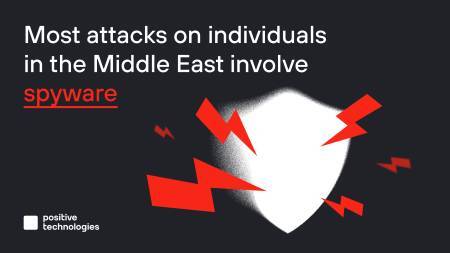In 2020, financially motivated cyberthreat actors may start to target investment apps and other areas according to key predictions from Kaspersky in the financial sector.
Financial cyberthreats are considered to be some of the most dangerous ones, as the impact they bring usually results in direct financial losses for victims. 2019 has seen some significant developments in the industry and also in how financial attackers operate. These events allowed Kaspersky researchers to suggest several important potential developments for the financial threat landscape for 2020. Here are the key ones:
Fintech is under attack. Mobile investments apps have become more popular among users around the globe. This trend won’t go unnoticed by cybercriminals in 2020. Not all of these apps utilise best security practices, like multi-factor authentication or protection of the app connection, which may give cybercriminals a potential way to target users of such applications
New mobile banking Trojans. Kaspersky research and monitoring of underground forums suggests that the source code of some popular mobile banking Trojans was actually leaked into the public domain. Previous similar cases of malware source code leakage (e.g. Zeus, SpyEye) resulted in an increased number of new variations of these Trojans. In 2020 this pattern may repeat.
Paid access to banking infrastructure and ransomware attacks against banks. In 2020, Kaspersky experts expect an increase in the activity of groups specialised in criminal-to-criminal sale of network access to banks in the African and Asian regions, as well as in Eastern Europe. Their prime targets are small banks, as well as financial organisations recently bought by big players who are rebuilding their cybersecurity system in accordance with the standards of their parent companies. Besides it is expected that the same banks may become victims of targeted ransomware attacks, as banks are among those organisations that are more likely to pay a ransom than accept the loss of data.
Magecarting 3.0: more cybercriminal groups will target online payment processing systems. Over the past couple of years, so-called JS-skimming (the method of stealing of payment card data from online stores) has gained immense popularity among attackers. Currently, Kaspersky researchers are aware of at least 10 different actors involved in these type of attacks and experts believe that their number will continue to grow during the next year. The most dangerous attacks will be on companies that provide services such as e-commerce as-a-service, which will lead to the compromise of thousands of companies.
For more security news visit here.



























